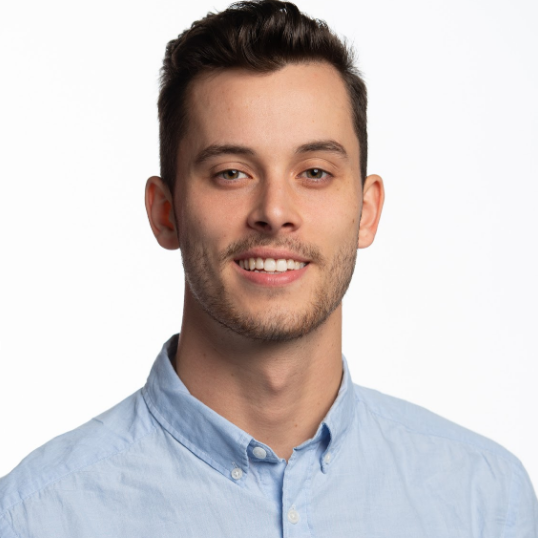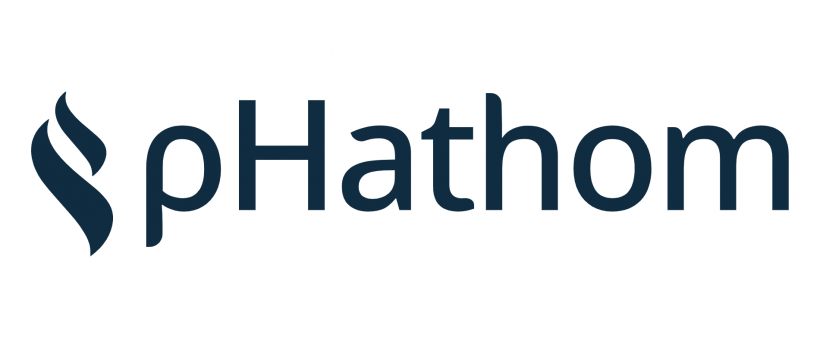Motion capture and exercise software startup Parados has reached several hundred users as it scales up its Canadian business development efforts in the new year, says CEO Pascal McCarthy.
Parados’s software analyzes video of workers performing a variety of different movements, using machine learning to predict where a subject’s joints are located and offering medical professionals a user-friendly way to assess the risk of someone experiencing a workplace injury. It can also measure a range of biometric indicators that may point to hidden problems or potential future injuries.
The product is aimed at professional sports teams and organizations whose workers perform physically strenuous or potentially dangerous tasks, such as police officers.
“If you look at (injury prevention) as layers, if you have data collection, data visualization and analysis, then diagnostics, then training or recommendations, we’re really the first layer of that,” said McCarthy in an interview Monday. “We are targeting being the best data collection tool, and to make it easier to do more physical evaluations.
“Because with a lot of these organizations, like pro sports teams, they test their athletes maybe once a year, comprehensively — put them in a lab, walk them through a bunch of different exercises — but only being able to do that occasionally, there are some gaps in the data.”
McCarthy, a former professional volleyball player and later a coach at the University of New Brunswick, founded Parados in 2020. His initial intention was to use sensors in mouthguards to measure the force of head impacts, such as when football players tackled each other.
Shortly after a 2021 pilot project with several professional sports teams, Parados pivoted to a software-focused solution, dropping the hardware component of the business.
“We’re a rapid test tool,” said McCarthy. “Being able to test more frequently leads to being able to address issues quicker.”
Typically, McCarthy added, the only alternative to a product like Parados is for an organization to hire an outside expert, such as from UNB. And while there are multiple companies that Parados would have to compete with for the United States market, McCarthy’s team believes it is the only player in Canada.
In part, he suggested, that may be because of the specific challenges faced by companies selling into the Canadian market. In the United States, a company like Parados would typically be selling to unions or professional organizations, which can usually move faster than government. In Canada, Parados is often selling to government agencies or large institutions, which means a long and sometimes complex sales cycle.
“We’re the most accessible because you can use us from any device with a camera,” he said. “A lot of other competitors are either only on Apple products because of some sensors in the camera, or only through their own, specialized camera that costs a lot of money.
“And we do an extremely large range of movements, because you never get injured only based off one thing, It’s usually a combination of sitting down a lot, standing in one place a lot, then sprinting or jumping.”
His team, which includes six people spread throughout Atlantic Canada, considered raising capital last year after McCarthy moved to Montreal for better access to the AI cluster that has sprung up in the city. The potential round generated enough interest from angel investors and venture capitalists that it could have gone ahead, but it ultimately became clear that Parados’s new product has a good chance of helping the company rapidly achieve financial stability.
“Our commercialization strategy is to partner and work with these thought leaders in the space that often work with large organizations, and help them make better use of their time,” said McCarthy.










